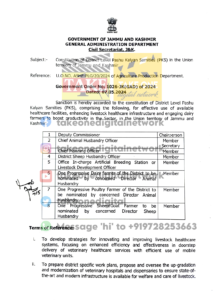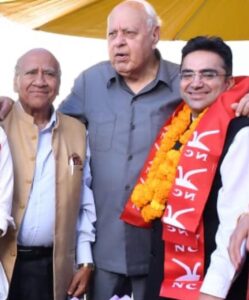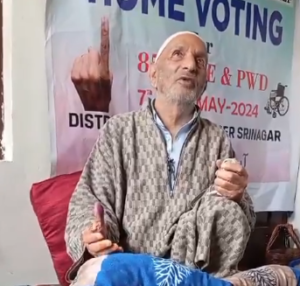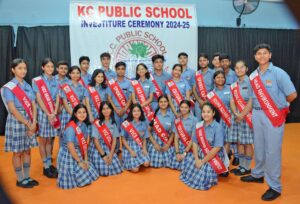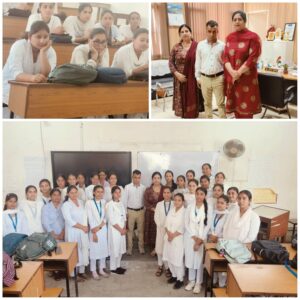J&K’s Shaista Khan wins ‘Sahitya Akademi Yuva Puraskar’ in 2022, becomes 9th Kashmiri to bag award
New Delhi [India], January 1 (ANI): ‘Sahitya Akademi Yuva Puraskar’, initiated in 2011 to promote language and literature, has served as an inspiration in the lives of youth in Jammu and Kashmir, leading to the rise of their interest in the Kashmiri language.
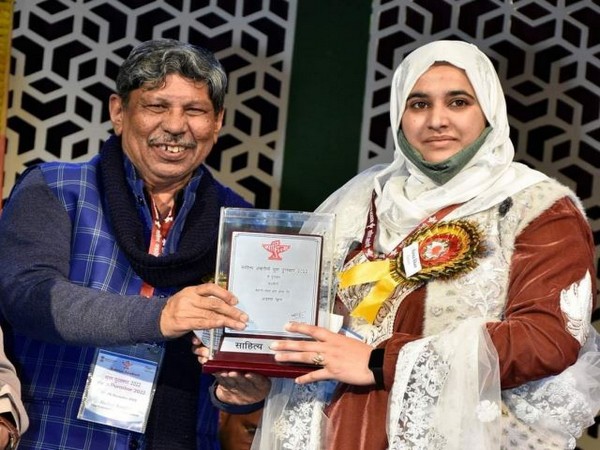
Sahitya Akademi New Delhi had started this award in 24 languages. Nine writers have received this award for the Kashmiri languages so far, according to a report. The latest in the list is a Srinagar-based young writer Shaista Khan who won the award for her fictional collection “Brand Birs Peeth” in 2022.
“It has been observed that due to this award, other novice writers are also getting inspiration and they are getting interested in Kashmiri language and literature,” the report said.
According to the report, the previous recipients of this award in the field of fiction, poetry, and criticism in the Kashmiri language include Nishad Azam, Farooq Shaheen, Adil Mohiuddin, Nighat Sahiba, Diba Nazir, Sagar Nazir, Muzaffar Ahmad Pare, and Razi Tahir Baghat.
A young writer, Nisar Azam, was the first one to receive this award in 2011 for his poetry collection ‘Pathalej Zone Dars’.
Farooq Shaheen was awarded this award in the year 2012 for his literary criticism book “Gash Miller”. Adil Mohiuddin received this award for criticism in his book “Zol Dith Sardars” in 2016. Nighat Sahiba was awarded the Yuva Praskar in 2015 for her poetry collection “Zardpankh Dear” while Diba Nazir won the award for her fictional collection “Zarin Zhom” in 2018.
Sagar Nazir won the award for his poetry collection “Thar Anganch”. Awarded in 2019 for Uva Proscar while the 2020 Yuva Proscar was won by Muzaffar Ahmed Pray for his poetry collection “Wauch Baath” and the 2021 Uva Proscar recipient in the Kashmiri language is Razi Tahir Bhagat who received this honour for his fictional collection “Yela”. Awarded for “Ain Phath”, the report said.
A certificate of Rs 50,000 is given to writers up to 35 years of age in a grand ceremony.
“This is a welcome step by the Sahitya Akademi to encourage young writers. It gives more inspiration to the writers and encourages them to produce quality literature,” the report quoted researcher Mohammad Salim Salik as saying.

